FDCA PEF Plastic to liquid Sorting Chemical Recycling Polyester 13-12-2021 - Arhive
FDCA PEF Plastic to liquid Sorting Chemical Recycling Polyester
-Avantium green lights construction of FDCA Flagship Plant
In the Netherlands, Avantium N.V., a leading renewable chemistry technology firm, has announced that it has made a positive Final Investment Decision (FID) on the construction of its FDCA Flagship Plant. The decision was taken after that all three key conditions the company had defined, which include securing sufficient financing, finalizing the engineering and establishing the supply chain, and obtaining sufficient offtake commitments for the Flagship Plant, was fulfilled.
Avantium N.V. has made a positive Final Investment Decision (FID) on the construction of its 5 000 tpa FDCA Flagship Plant at Chemie Park Delfzijl in the Netherlands. The plant is expected to be completed by the end of 2023.
The positive FID represents a pivotal milestone for the further development and commercialization of Avantium’s sustainable polyethylene furanoate (PEF) plastic, with the construction of the Flagship Plant at Chemie Park Delfzijl expected to be completed by the end of 2023.
With the recent signing of a EUR 90 million committed debt financing term sheet, the final outstanding financing condition has now been met.
Reaching this milestone marks a defining moment in the evolution of Avantium and will accelerate the commercialization of PEF. With an annual production capacity of 5 000 tonnes, Avantium’s FDCA Flagship Plant will be the world’s first facility to produce furandicarboxylic acid (FDCA) on a commercial scale.
FDCA is the key building block of the 100 percent plant-based, recyclable plastic material PEF which also has functional advantages compared with fossil fuel-derived plastics.
Avantium believes that the Flagship Plant, in addition to generating revenues and profits in its own right, will clearly demonstrate the viability of large-scale manufacturing of PEF to consumers, customers, and partners.
This the company says “should pave the way to dramatically expand” the applications of PEF, with a potential total end-market of US$200 billion per year, which Avantium intends to access by the provision of technology licenses to collaborators worldwide.
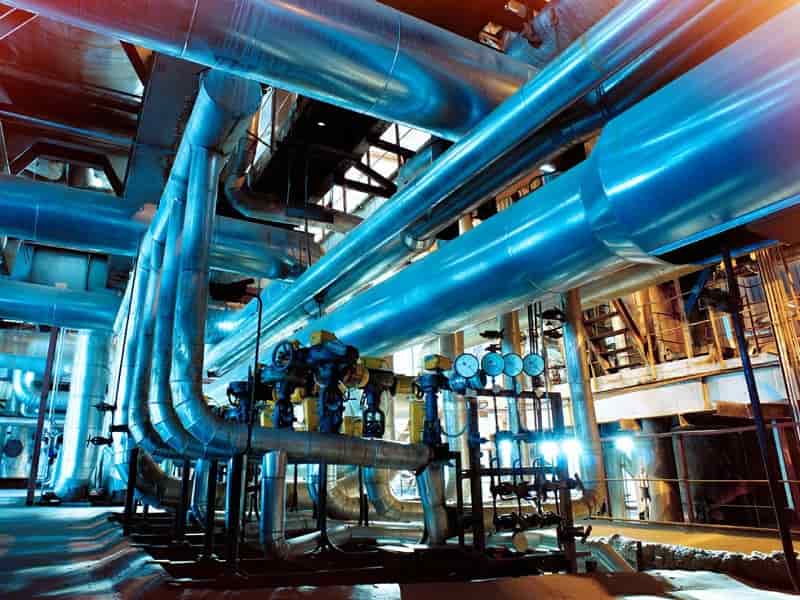
As 2030 European waste targets loom, environmental service companies are increasingly investing in recycling facilities capable of bringing them closer to the zero waste goal by turning it into secondary raw materials that can be returned to the commercial cycle with minimal waste.
With this aim, G.A.I.A. Spa and Iren Ambiente called on STADLER to design and build new recycling plants in Asti and Parma.
The requirements for the two plants were different: sorting of plastic packaging from separate collection in Asti, and sorting of plastic and paper/cardboard in Parma.
The new sorting plant at the Asti Waste Treatment Center
Inaugurated last October, the new plant for the sorting of plastic and metal packaging from separate waste collection plays an important role in waste management in northern Italy. The result of a 10 million euro investment, it will be able to process 50,000 tons per year of material from separate waste collection.
Flaviano Fracaro, CEO of G.A.I.A. and Technical Manager of Iren Ambiente Spa, comments: “The sorting plant is like an open-air mine, but instead of extracting raw materials from the planet, it recovers them, avoiding the dispersion of plastics in the environment or the saturation of landfills that no longer need to receive recoverable materials.” FDCA PEF Plastic to liquid Sorting Chemical Recycling Polyester
Once processed and cleaned, the materials coming from the separate collections will be delivered to the National Consortia for the recovery of packaging, which will transform them into secondary raw materials and reintroduce them into the production cycles.
The new plant is equipped with modern technologies in line with the Industry 4.0 objectives of the industrial plan, and the machines support the work of the manual sorting operators, resulting in a high-quality product.
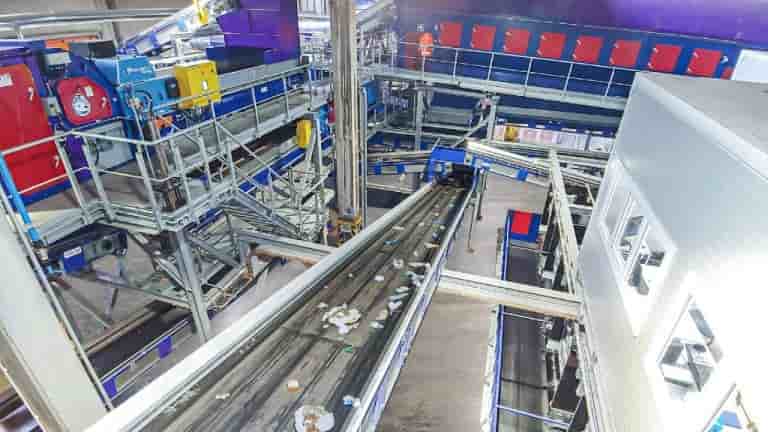
-U.S. plastic makers call for transparent certification process for advanced recycled material
America’s plastic makers have called for policymakers, plastic converters, and brand companies to increase the adoption of a credible system to verify the recycled plastic produced by advanced recycling technologies and used in new products and packaging. Having credible, third-party standards and a transparent certification process will play an integral role towards achieving a circular economy for plastics.
“Transparent and trustworthy third-party standards are important in every step taken to increase plastic recycling,” said Joshua Baca, ACC’s vice president of plastics. “These standards will make it easier for brand companies and manufacturers to use more recycled plastic in their products, give them confidence in communicating with consumers, and help create and sustain demand for recycled plastic. All of these components will help meet the recycling goals set by America’s plastic makers as well as the U.S. Environmental Protection Agency.”
One of the most widely accepted certification processes used today is known as mass balance. Mass balance is used to track sustainability measures in a variety of other industries, including coffee, cocoa, forestry, and renewable energy.
To encourage wider adoption of this approach, ACC released an updated version of its mass balance principles for advanced recycling.
FDCA PEF Plastic to liquid Sorting Chemical Recycling Polyester
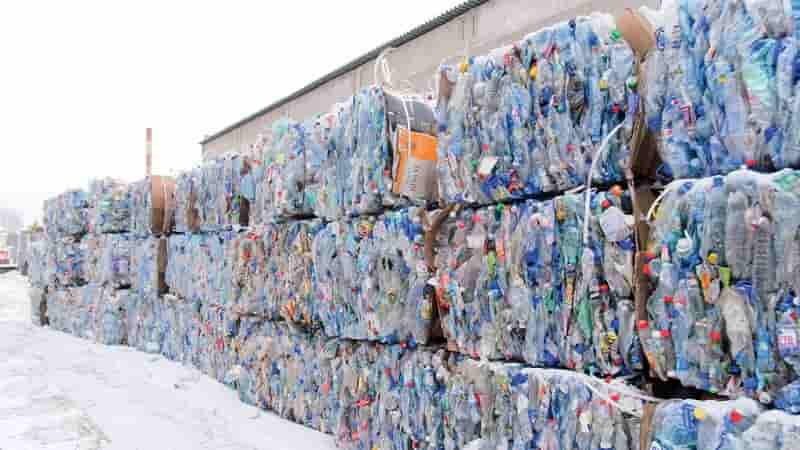
-Enoc, Quantafuel mull setting up plastic-to-liquid production plants
Enoc Group, Quantafuel and Dubal Holding have signed an agreement to study the potential of establishing and operating Plastic-to-Liquid production plants turning plastic waste into valuable products and a step towards a circular economy.
Headquartered in Oslo, Norway, Quantafuel is a technology-based energy company that converts waste plastics back into low-carbon synthetic oil products replacing virgin oil products.
The UAE had recently announced “The UAE Net Zero by 2050 Strategic Initiative”, a national drive to achieve net-zero emissions by 2050. The initiative aims to promote dynamic economic growth alongside positive environmental impact.
Dubai’s proposed Waste-to-Energy Project, which is likely to get commissioned by 2024, is expected to convert 1,900,000 tonnes of waste per year.
This project will be a major step in supporting the environment by redirecting the plastics from landfills and oceans in order to achieve Dubai government’s objective of zero waste going to landfill by 2030.
According to Enoc, the Plastic-to Liquid project with Quantafuel will be a significant step towards a circular economy by converting non-recyclable plastics into valuable products. FDCA PEF Plastic to liquid Sorting Chemical Recycling Polyester
“This agreement strongly supports the UAE’s strategic initiative to make a significant contribution to global sustainability, and we are privileged to take part in this journey with Quantafuel and Dubal Holding,” stated Group CEO Saif Humaid Al Falasi.
“Driving innovation and implementing sustainable operations is at the heart of what we do, and we look forward to exploring opportunities which will help build a sustainable, circular economy,” he added.
Dubai Holding CEO Ahmad Bin Fahad said: “We are very happy to join forces with Quantafuel, a company that not only brings in a leading technology for converting plastic waste into valuable products, but also has extensive knowledge in plastic sorting and other means of recycling.”
“Our vision is to pursue investments that champion recycling and sustainability and this partnership will help us on the way to build a circular economy in the UAE,” he added.
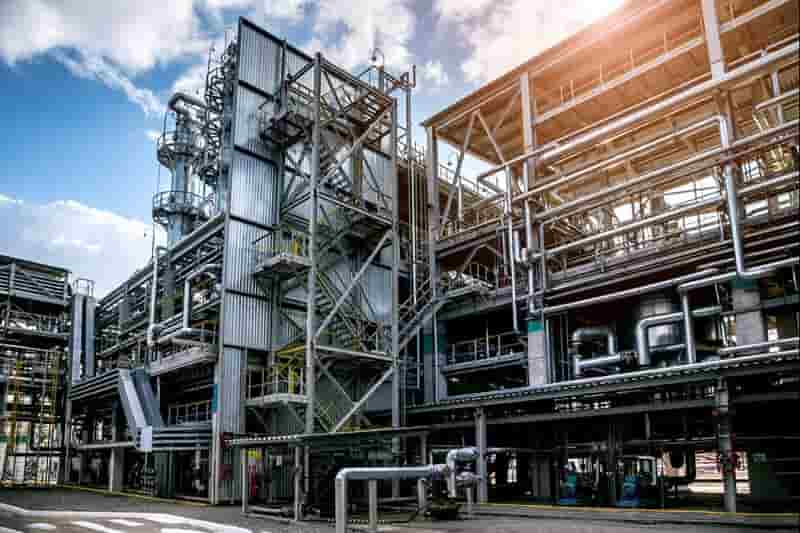
-Chemical recovery ‘not recycling’ say campaigners
Chemical recovery processes should not be counted as recycling for plastics, environmental group Zero Waste Europe (ZWE) has said.
It said in a briefing on its Recommendation to Categorise Thermal Decomposition of Plastic Waste to Molecular Level Feedstock as Chemical Recovery that the European waste hierarchy for a circular economy must favour reduction, reuse and – as a last resort – recycling and it was thus essential to distinguish plastic waste recycling operations from recovery techniques.
Therefore, pre-treatment of plastic waste into feedstock molecules should be classified as chemical recovery and not chemical recycling.
Janek Vähk, ZWE’s climate, energy, and air pollution programme coordinator, said: “Sustainability of different chemical reprocessing technologies must be taken into account when considering their potential role in the waste hierarchy and circular economy. FDCA PEF Plastic to liquid Sorting Chemical Recycling Polyester
“Chemical recovery processes, which have significant negative environmental impacts, should not be levers to tackle the plastic waste challenge.”
The briefing stated that efficiencies and recovery rates of thermal decomposition-based reactions were low and material leakages and energy requirements did not enable true circularity.
It said pyrolysis and gasification resulted “in significant carbon emissions” and taken with the production of plastics from fossil resources, risked “using up a significant amount of remaining carbon budget to comply with 1.5°C climate targets”.
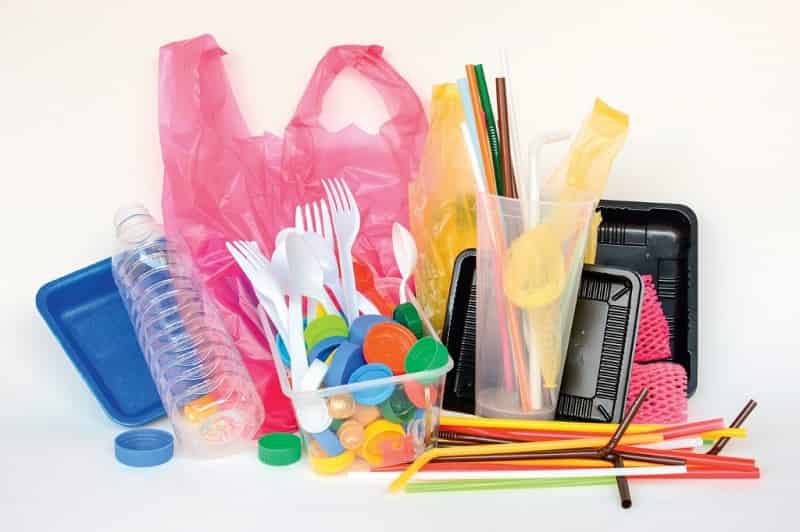
-Spain’s Tropicfeel launches sustainable shoes with Hyosung
Spain’s Tropicfeel, the developer of sustainable travel products designed to bring the excitement of travel to everyday life, is the first eco-friendly weathering made from Hyosung’s 100% recycled fiber. We have released geyser shoes. Hyosung is a textile manufacturer that produces world-class products, providing innovation and solutions to the textile industry.
Offering the perfect balance of classic urban atmosphere and performance, Geyser All Terrain shoes offer weathering protection for rain boots, lightweight comfort for sports shoes, technical outsole materials for hiking shoes, and your favorite everyday shoes. Provides styling. Available in low-cut and high-cut styles, the Geyser features a sock structure with sprint lace and is made from a stretchy, recycled waterproof membrane with Hdry technology. A low-impact 20% merino wool lining, a blend of Hyosung’s Mipan Recycled Recycled Nylon and Cleola Recycled Recycled Elastane Upper, protected by a water resistant finish. According to Hyosung’s press release, a non-slip rubber outsole that prevents fatigue.
This fall, Tropicfeel announced Nest. This is an all-rounder backpack designed to satisfy the curiosity of everyday commuting, unforgettable vacations, and any hobby in between. FDCA PEF Plastic to liquid Sorting Chemical Recycling Polyester
Nest has been expanded from 16L to 30L to provide the perfect organization for any trip. Made from a blend of Hyosung’s Mipan Recycled Nylon, Mipan Recycled Robic High Tough Nylon, Cleola Recycled Elastane Made from GRS Certified 100% Recycled Waste, and Recycled Polyester Made from 100% Used Waste – All of this helps prevent valuable resources from being removed from the earth.

-Fashion for Good launches project to scale polyester recycling
Dutch innovation platform Fashion for Good has announced the launch of its Full Circle Textiles Project – Polyester, with a goal to scale chemical recycling technologies and encourage financing and implementation into the wider industry.
According to the organisation, polyester makes up 52 percent of the global fibre market, making it the most common fibre in the world. It also represents 73 percent of landfilled or incinerated textiles, causing concerns due to its inability to break down in the environment.
However, Fashion for Good reckons it sees a solution in the form of chemical recycling. FDCA PEF Plastic to liquid Sorting Chemical Recycling Polyester
“Textile recycling is a key focus for Fashion for Good,” said Katrin Ley, the organisation’s managing director, in a release. “With the success of the first Full Circle Textiles Project, and proof that a galvanised consortium of stakeholders from across the industry can truly shift the needle, we can now turn our attention to applying these learnings and steps to scale to another critical area; textile-to-textile polyester recycling.”
For the project, Fashion for Good’s partnering stakeholders include brands, innovators and supply chain partners, each tasked with helping to scale. It has also asked global innovators, working on polyester chemical recycling, to participate in the 18-month project, requesting the development of recycled polyester which will eventually be used for garment production.

FDCA PEF Plastic to liquid Sorting Chemical Recycling Polyester
